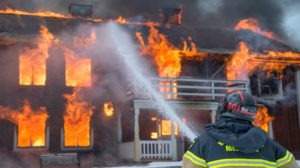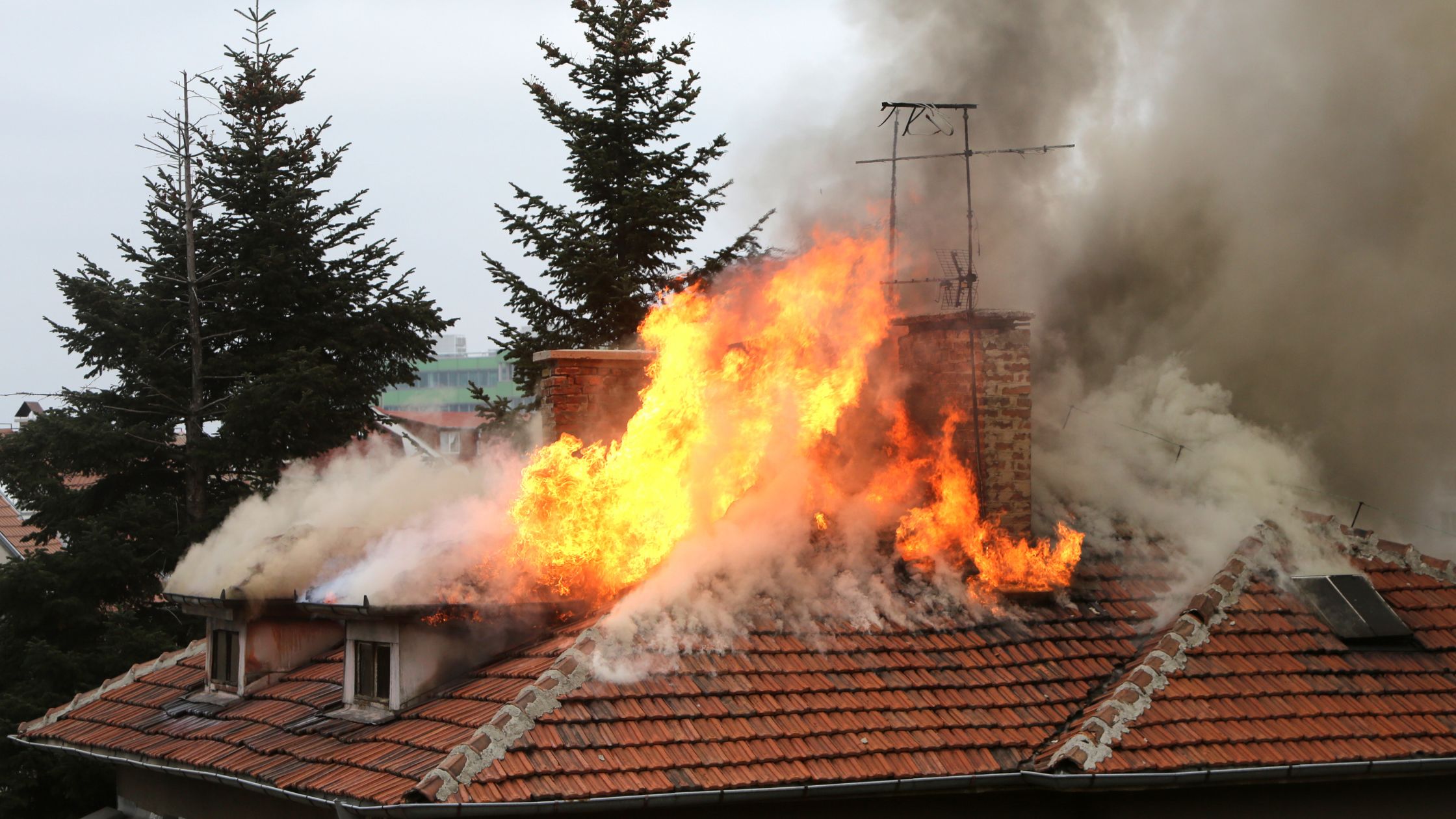You just went through a house fire. Your house is in poor condition, and your possessions are gone. After properly filing your insurance claims, you discover that your insurer has underpaid or rejected your claim.
You had hoped that your insurance, which you have been paying into for years, would at least kick in and provide you with the support you need during such a traumatic period.
Unfortunately, a lot of insurers will make a big effort to come up with a reason to underpay or even reject a house fire claim.
That’s why it is critical to understand your rights and what options you have when a claim is denied. You could either appeal the decision or sell a fired-damaged house as is to a real estate investor or a company that specializes in buying damaged properties.
For those reasons, let’s go through 5 common reasons why fire insurance claims are underpaid, or worse, simply refused, so you have the knowledge you need to challenge a coverage denial.
Read Also: Top Reasons Why A House Fire Insurance Claim May Be Denied
Reason #1 – Inadequate Coverage
What insurance companies refer to as insufficient or inadequate coverage is one of the main reasons that fire claims are rejected.
So what does it mean? Typically it means that a specific fire type isn’t covered by your policy or that your policy only covers damage brought on directly by flames and excludes damage brought on by smoke or water from fire sprinklers.
Please keep in mind that although your insurer is only required to pay for losses covered by your individual policy, there are situations when they will incorrectly reject fire insurance claims that you are entitled to according to a benefits plan you might hold.
That’s why it is critical to properly study your homeowner’s insurance coverage. If you don’t feel comfortable handling it yourself, a lawyer can validate your suspicions and suggest a course of action to secure the settlement you deserve if you believe that the fire damage to your property should be covered but you are being wrongly denied.
Reason #2 – Valuation Conflicts
Insurance companies will frequently contest your estimates in an effort to avoid paying your fire insurance claim.
For instance, if your insurance company asserts that the value of your home is significantly lower than what you have claimed, and you have calculated the cost of your home based on the current cost of new materials required to reconstruct it, you might be denied coverage. This is just one method the insurance industry uses to avoid big payouts.
Even though it can be difficult to demonstrate the true value of your house, having a wealth of documentation on its construction date, the upkeep you’ve performed on it, and pictures documenting its state before and after the fire will go a long way in helping you secure the best settlement.
Also, never accept the initial offer from your insurance provider. You can often negotiate a better settlement. In fact, you may want to hire a lawyer to negotiate for you.
Reason #3 – Suspected Fraud, Arson, and/or Homicide
Suspected fraud, arson, and homicide are frequent justifications for denying fire insurance claims.
Insurance providers might make an effort to demonstrate that the occupant of your home intentionally set fire to the structure in order to file a claim.
This is a tedious approach for insurance companies to try to avoid paying claims because it frequently takes a trial to establish that arson was not a contributing factor.
It’s critical to look for knowledgeable representation as soon as you can, especially in this situation. It’s crucial to have a solid legal team to defend you since, in addition to defending your insurance claim, suspected arson cases frequently end up in court.
Reason #4 – Poor Workmanship or Design
Defective design or craftsmanship is another frequent cause for house fire insurance claim denials.
If your insurer denies your fire insurance claim, it suggests improper construction and installation in parts of your home.
This can happen if your contractor used recalled building materials with poor fire protection or subpar performance, or lacked the necessary licenses and permits for your property.
This is another common “trick” insurance companies use to get out of paying for an insurance claim. The insurer assumes that you won’t be able to provide sufficient evidence to refute their assumptions.
This is why it is so important to understand your homeowner’s insurance coverage and to have competent counsel on your side.
Remember, when you pay your insurance premiums on time, it is the responsibility of your insurer to defend you when you have a valid claim!
Reason #5 – Damage Claims
As mentioned in reason #1, although smoke and water damage may indirectly result from a fire, some fire insurance policies cover only direct fire damage.
Damage disputes may result from this, and an insurer may decide to reject your fire insurance claim.
If your insurer argues that a large portion of the damage to your house was caused by smoke or was inadvertently brought on by the fire – for instance, if the top level of your house was largely destroyed by smoke from the fire rather than flames – they can refuse to pay out on your total damage claim. This can be a tough situation to navigate. However, an alternative option is selling a fire-damaged house. This path can alleviate the burden of repair costs and provide a quick resolution to an otherwise stressful predicament.
What Can You Do?
Step one would be to study and learn your house fire insurance policy so you know exactly what it says and what it doesn’t. The next step would be finding a good lawyer.
Unfortunately, many insurance companies will attempt to reject every insurance claim. However, the insurance provider needs evidence before they may reject your house fire claim outright. Just don’t expect an insurance company to have your best interests in mind. They are a business after all.
That’s why they work hard to lower your settlement. This increases their bottom line. That’s also why large scale fires such as wildfires that affect many homes are a worst-case scenario when filing a claim for fire insurance.
Most likely, the same insurance will cover many of the impacted homeowners in that region. The insurer will have to deal with multiple fire insurance claims as a result of the fire that damaged these residences, which will hurt their business and result in financial loss.
That means the insurance company will likely do everything possible to reject, postpone, or settle impacted homeowners’ claims in such a situation in an effort to save their business. They will utilize any defense and justification insurance companies have for rejecting fire claims. That’s why you should work with an experienced house fire insurance claim lawyer.
Own a Fire-Damaged House?
At We Buy Fire Damaged Houses, we pay all cash and buy burned homes in as-is condition so you don’t have to go through a stressful repair process.
Fill out the form below to learn more.
Photo by Daniel Tausis on Unsplash

